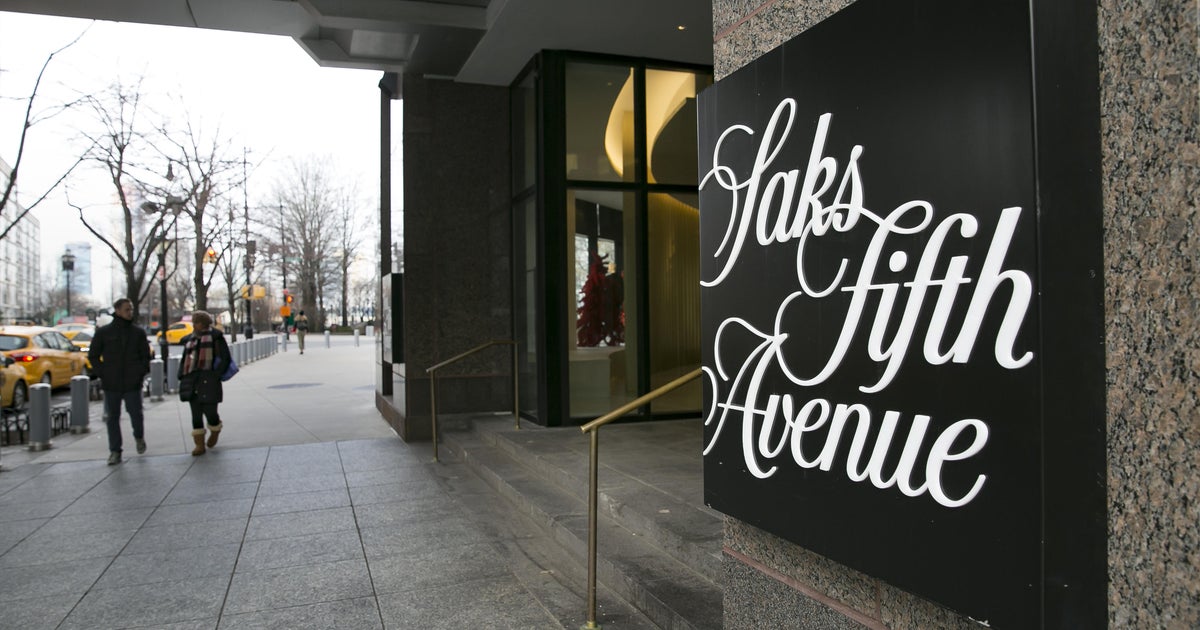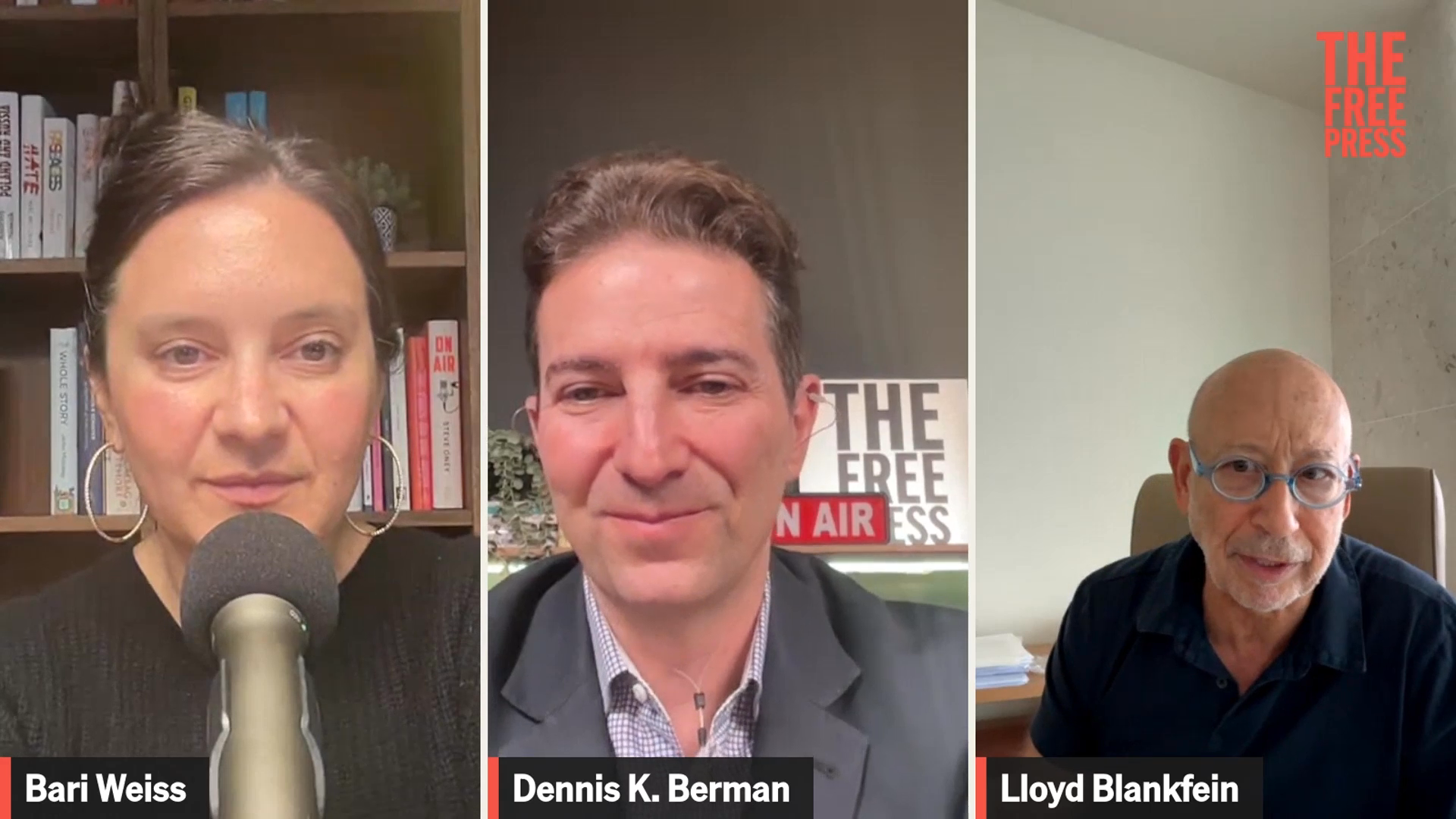Bank stocks rise as Wall Street panic subsides
Regional banks are rebounding from Monday's heavy losses on Wall Street stemming from the abrupt seizure of Silicon Valley Bank and Signature Bank by state regulators.
Shares of First Republic Bank, which plunged as much as 70% yesterday in intraday trading, shot up 50% on Tuesday, while Western Alliance jumped 33% after a 70% drop on Monday. Other lenders that suffered double-digit declines also recovered some ground, including Comerica, Fifth-Third Bank, Huntington Bank, Key Bank and Zions Bank.
The KBW Bank Index, which tracks 24 big and regional bank stocks, rose 5.5%, a sign that the panic gripping the banking sector on Monday is receding. In afternoon trading the S&P 500 was up 40 points, or 1%, to 3,896, while the Dow rose 0.5% and the tech-heavy Nasdac gained 1.5%.
The failure of SVB and Signature sparked fear among depositors and investors, triggering a rout of regional bank stocks. But analysts said other regional banks are less vulnerable because they have a more diverse customer base than SVB, which overwhelmingly catered to tech startups and venture capital firms. For banks like First Republic, the sell-off by investors amounted to a "dramatic overreaction" to the industry turmoil, according to JPMorgan analysts.
"With [First Republic] having a strong capital/liquidity position and diversified deposit base, we expect customers (and investors) to return in mass to this port in the storm," they wrote in a research note.
Alexander Yokum, an analyst with CFRA Research, told investors in a report that First Republic is a "resilient bank" and isn't at risk of being taken over by regulators.
The collapse of SVB, which for decades played a central role in Silicon Valley by funding innovative new companies, marked the largest failure of a financial institution since Washington Mutual crashed in 2008 at the height of the financial crisis.
Dan Ives, an analyst at Wedbush Securities, thinks SVB closure will have a bigger impact on California's startup scene than on the broader banking industry.
"The Cinderella story is over for SVB and the tech VC/startup community with this dark crash ending," Ives said in a research note. "While venture debt lines and credit was much more easy to attain by the tech-friendly SVB, now startups face the arduous task of getting loans and banking relationships with large money-center banks or other regionals that will greatly scrutinize funding with a lab microscope."





